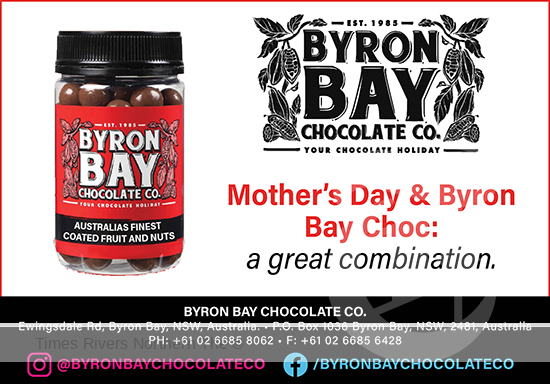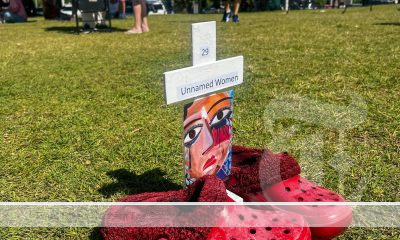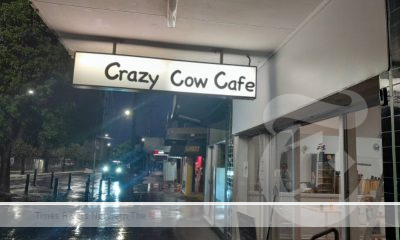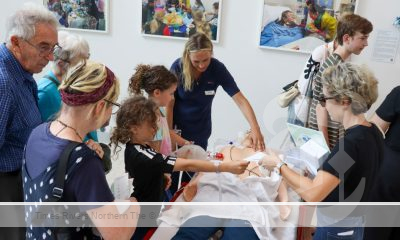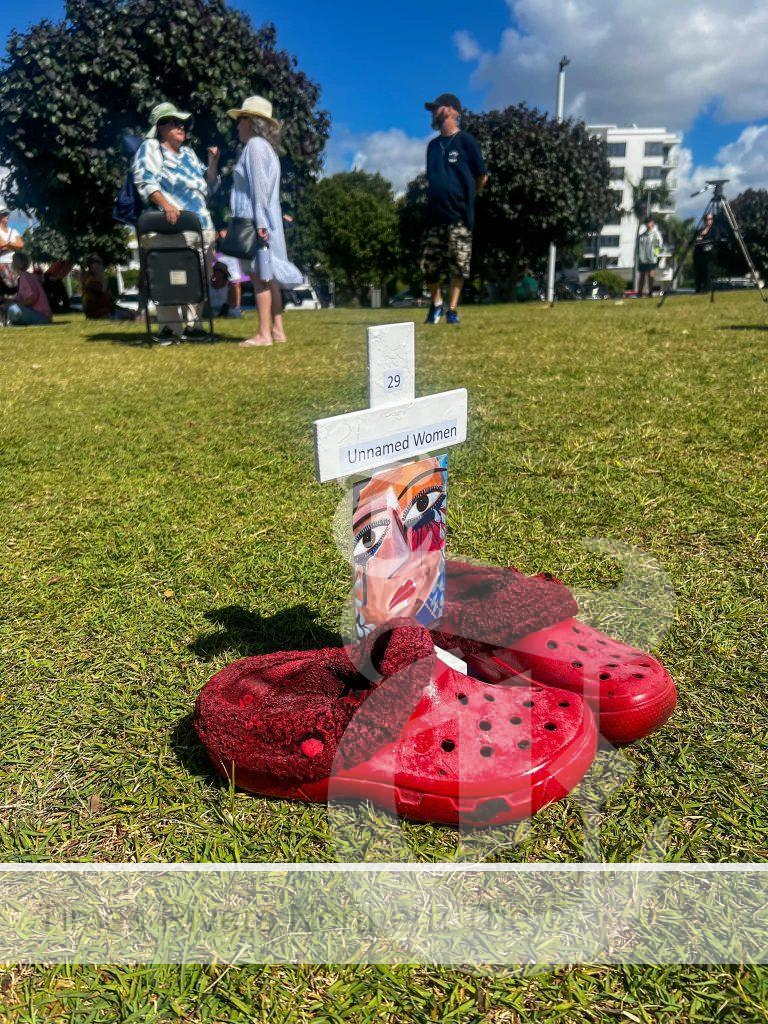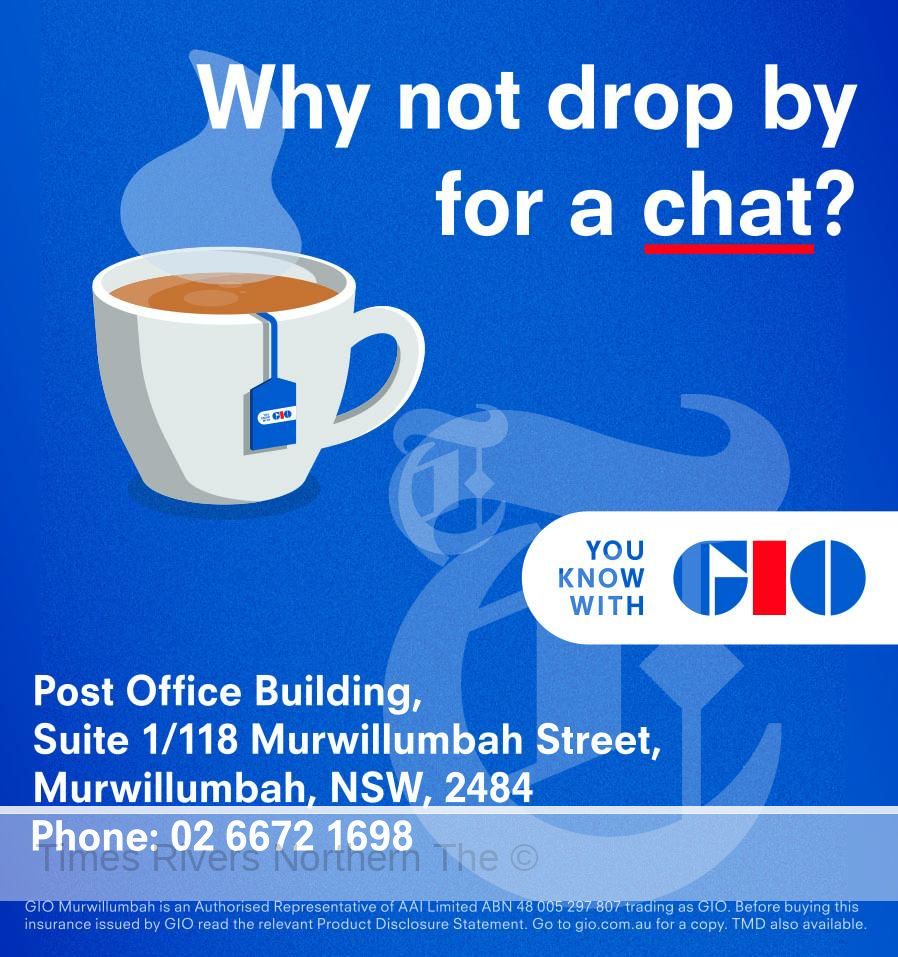HOLISTIC CARE HELPING VETERANS WITH PTSD
By Sarah Waters
Events such as Anzac Day have increasingly prompted conversations about the mental health of veterans and what help is available to them.
General Manager and Psychologist at Byron Private Treatment Centre Jenny McGee has extensive experience working with veterans who have Post-Traumatic Stress Disorder (PTSD) and other mental health conditions that have resulted from their service.
Advertisements

In addition to evidence-based therapy for PTSD including, Cognitive Processing Therapy (CPT) and Eye Movement Desensitisation and Reprocessing (EMDR), Ms McGee said a holistic approach has profound benefits.
“What does happen with PTSD is that people are triggered by situations – people, places, sounds, smells and they can often be on high alert or hypervigilant where the whole nervous system is alerted, looking for danger and wanting to keep themselves safe and other people safe,” she said.
“For example, hearing a loud sound and thinking that they might be back in that dangerous situation and going to extremes to protect themselves and other people.
“Or it might manifest as irritability and the inability to engage socially like they might have once done.
“About 30 per cent of veterans with PTSD also suffer from addictions with alcohol and substances as they try to medicate their distress and symptoms.
“What can be additionally helpful for people is not only the evidence-based therapy they might undergo, but also to be in a green space and restful environment where they are able to allow the body and the physiological, high nervous system arousal to be lowered.”
About a third of the residents at Byron Private Treatment Centre are veterans, of all ages, who have served in different conflicts, sometimes generations apart.
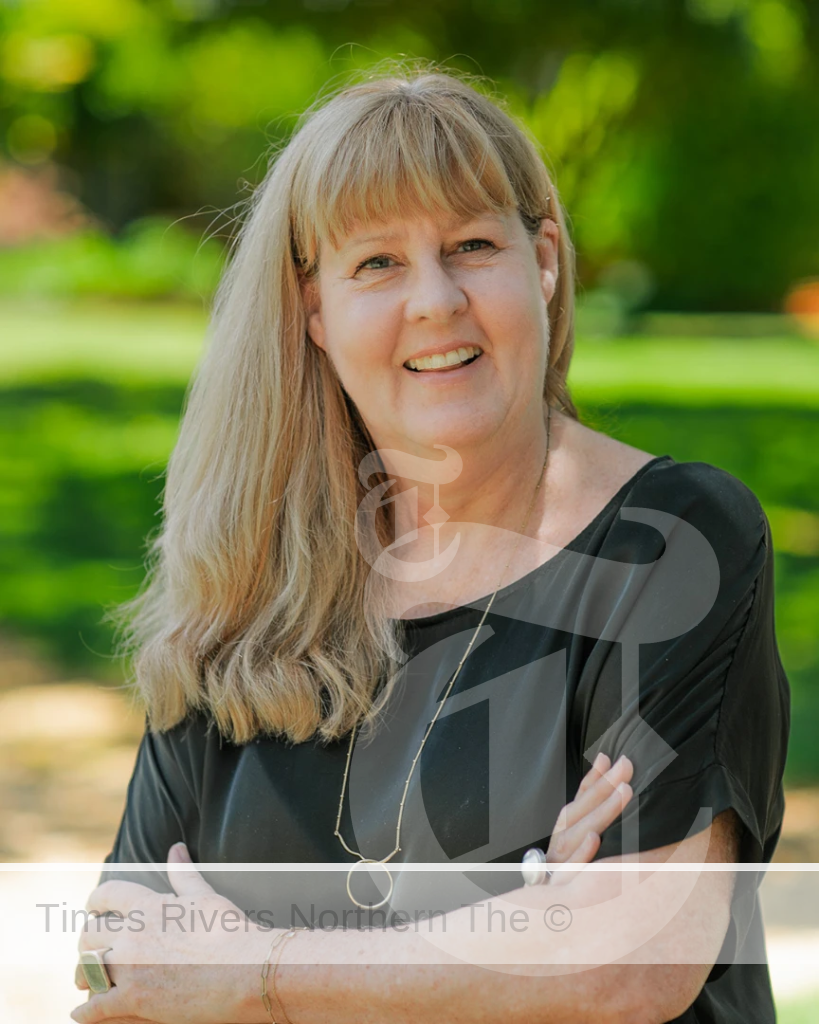
General Manager and Psychologist at Byron Private Treatment Centre Jenny McGee has extensive experience working with veterans who have Post-Traumatic Stress Disorder
Some of them are Australian Defence Force (ADF) members who have experienced PTSD from domestic service.
Ms McGee said veterans are encouraged to go to the beach daily, see the sunrise and connect to the natural cycles in nature.
“Research shows that exposure to nature can lower stress hormones, lower blood pressure, improve the mood and reduce the risk of developing other psychiatric disorders, like depression and anxiety,” she said.
Daily outdoor activities including swimming, surfing, bushwalking and even equine assisted therapy, are sustainable practises all servicemen and women can incorporate into their lives.
Research has also shown the Mediterranean diet improves symptoms of depression and stress.
While peer support in a mixed group therapy setting can help with the transition back into civilian/community life.
Ms McGee said the impact PTSD has on the nervous system, including irritability, avoidance behaviours and intrusive memories or dreams, are the same symptoms soldiers experienced in WWI when it was referred to as ‘shell shock’ or ‘battle fatigue’ in WWII.
However, there has been a radical shift in how the community and society understands mental health, including the need to offer really supportive treatment.
“I think even our stigmatisation of different conflicts and different veterans has changed.
“And we’ve moved much more largely to really acknowledging the service that men and women have provided for Australia.
“With evidence-based treatment and support, people can overcome PTSD.
“Sometimes it might last for over a year, but people can heal and also repair Relationships,” she said.
Post-Traumatic Stress Disorder is a condition that can develop in response to a single, or repeated exposure, to trauma.
A number of events have the potential to cause PTSD, including threat of death, serious injury, viewing or handling human remains and seeing someone badly injured or killed.
If you need support, please contact veterans and families counselling service provider Open Arms on their 24-hour phone line: 1800 011 046 or visit here and they can connect you with counselling services in the community.
The Department of Veteran Affairs (DVA) also funds treatment for veterans.
For more information please visit here or visit here.
SIDEBAR:
The Transition and Wellbeing Research Programme report by the Department of Veteran Affairs states almost half (46 per cent) of the transitioned ADF were estimated to have met criteria for a lifetime anxiety disorder, and one-quarter were estimated to have met criteria for Post-Traumatic Stress Disorder (PTSD). When compared to the general population, only four or five per cent of people might experience PTSD in their lifetime.
For more Byron Bay news, click here.


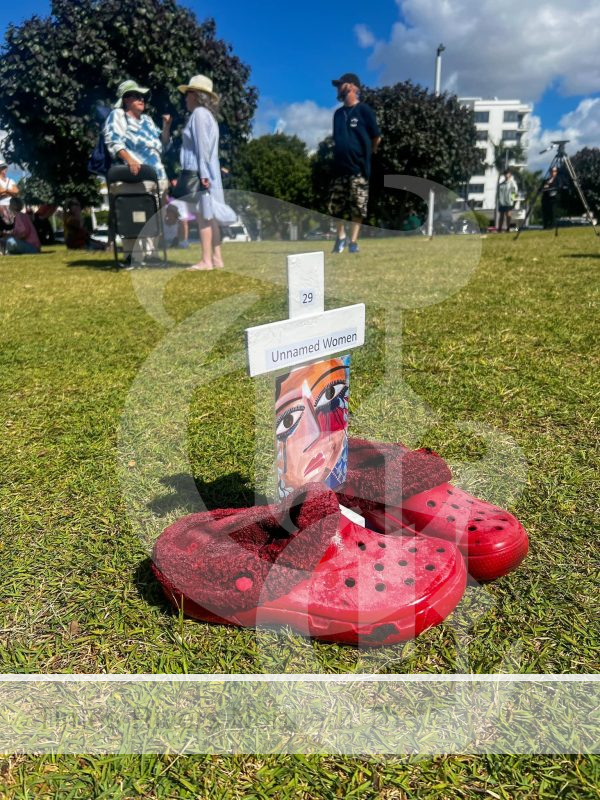
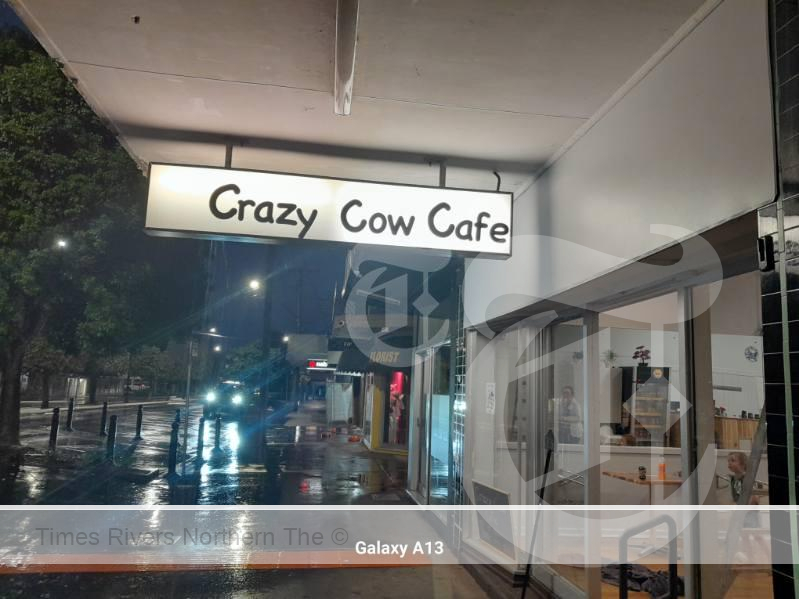

 Tweed Shire News2 years ago
Tweed Shire News2 years ago
 Motoring News1 year ago
Motoring News1 year ago
 COVID-19 Northern Rivers News3 years ago
COVID-19 Northern Rivers News3 years ago
 COVID-19 Northern Rivers News3 years ago
COVID-19 Northern Rivers News3 years ago
 Northern Rivers Local News3 years ago
Northern Rivers Local News3 years ago
 Health News3 years ago
Health News3 years ago
 COVID-19 Northern Rivers News3 years ago
COVID-19 Northern Rivers News3 years ago
 NSW Breaking News3 years ago
NSW Breaking News3 years ago









